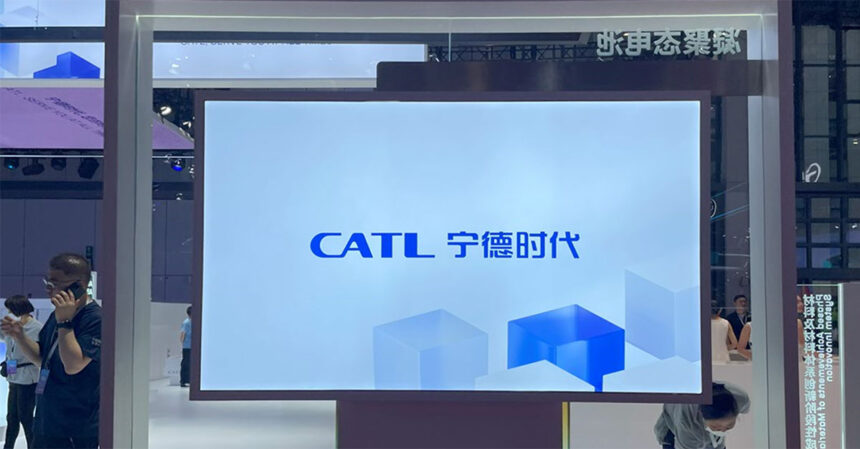CATL, a leading Chinese power battery giant, has made significant advancements in the development of all-solid-state batteries this year. The company has expanded its research and development team for this program to over 1,000 people, with a focus on the sulfide route. Recently, CATL has entered the trial production stage of 20 Ah samples, indicating that the battery solution is finalized and production technology exploration is underway.
The current solution developed by CATL can achieve an energy density of 500 Wh/kg for lithium ternary batteries, which is a remarkable improvement of over 40 percent compared to existing batteries. However, challenges remain in terms of charging speed and cycle life, according to industry insiders.
In the field of solid-state batteries, there are three mainstream technology routes – oxide, polymer, and sulfide routes. All-solid-state battery prototypes typically start at 1 Ah capacity and gradually increase. At the 20 Ah sample stage, the battery solution is considered finalized, and production technology exploration begins.
CATL’s Chief Scientist, Wu Kai, mentioned in April that the company had made significant progress in cathode materials, anode materials, processes, and manufacturing equipment for 10 Ah all-solid-state batteries. The goal is to achieve small-volume production of all-solid-state batteries by 2027.
At a power battery conference in September, CATL Chairman Robin Zeng emphasized the company’s strong position in the all-solid-state battery field, stating that their research team is unmatched compared to competitors. With a team of 1,000 employees dedicated to all-solid-state battery research, CATL has made a substantial investment in this technology.
CATL began its research into all-solid-state batteries in 2016 but significantly increased its R&D investment in late 2022. The company’s management had previously been cautious about solid-state batteries until recent progress was shared by Wu Kai at a battery industry technology forum.
With a strong focus on advancing all-solid-state battery technology, CATL aims to overcome challenges such as costs and mass production issues by 2027. The company’s commitment to innovation and research in this field positions them as a key player in the future of battery technology.







